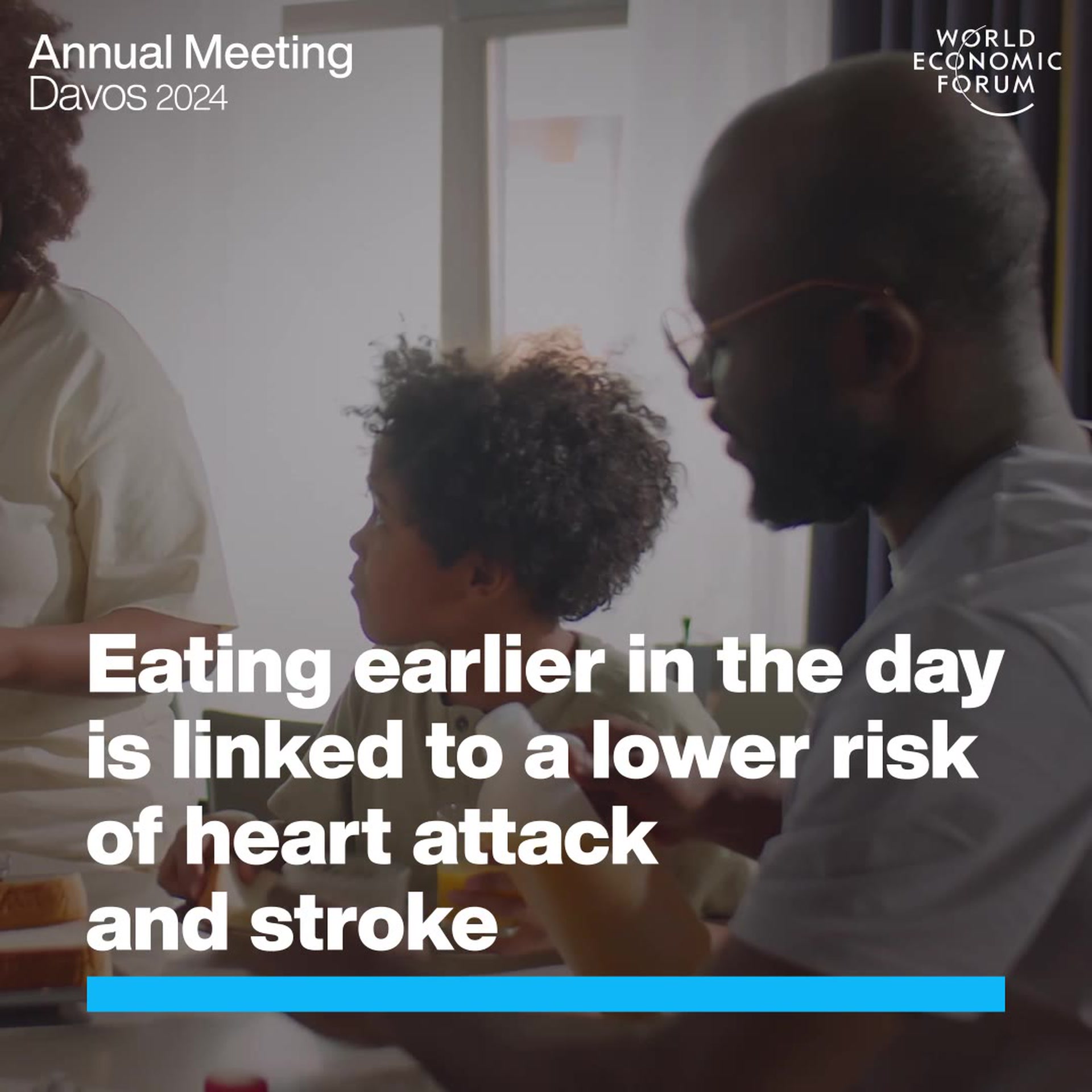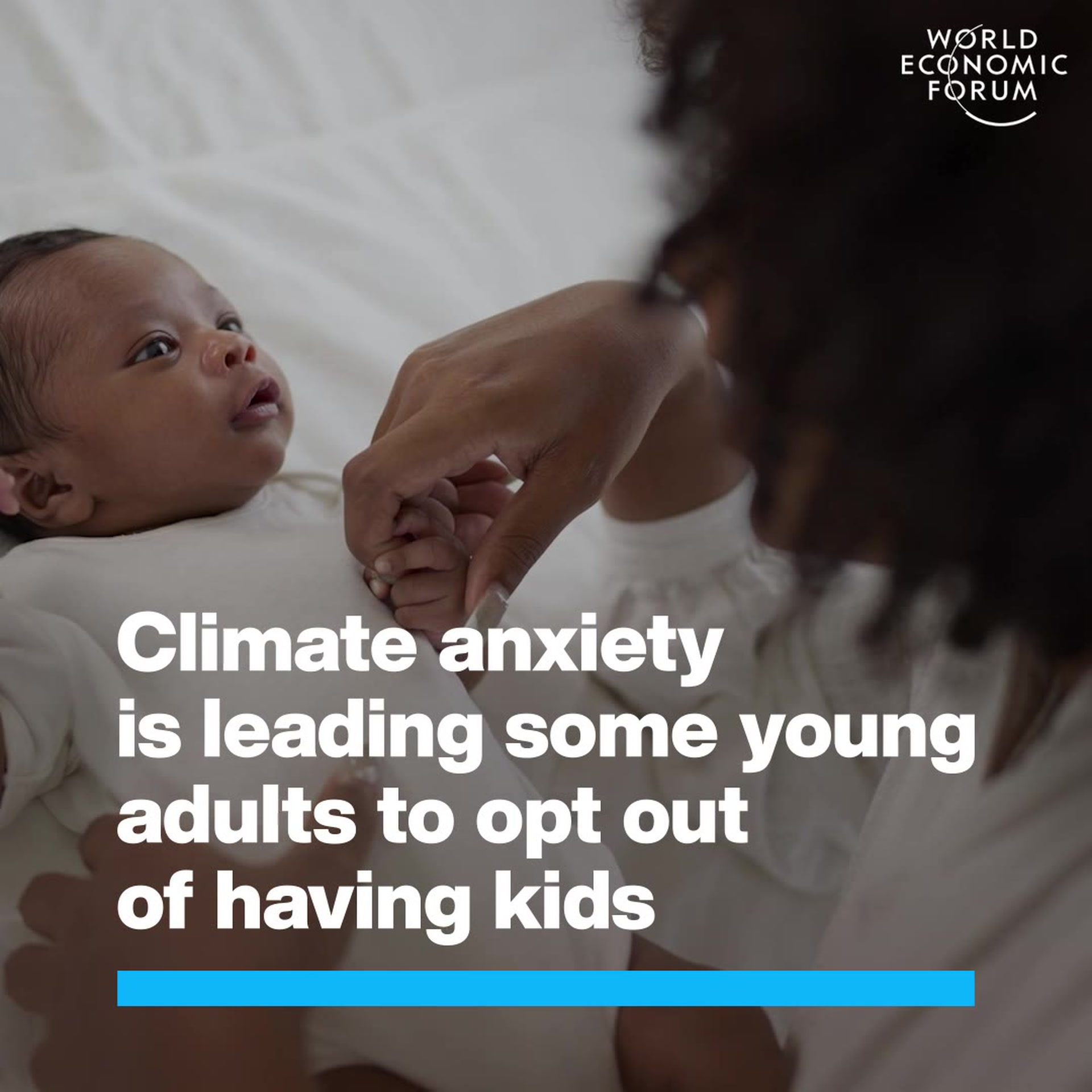The science behind going with your instincts

What we know as 'intuition' is actually your brain quickly processing information subconsciously. Image: REUTERS/Chris Helgren

Get involved with our crowdsourced digital platform to deliver impact at scale
Stay up to date:
Behavioural Sciences
Imagine the director of a big company announcing an important decision and justifying it with it being based on a gut feeling. This would be met with disbelief – surely important decisions have to be thought over carefully, deliberately and rationally?
Indeed, relying on your intuition generally has a bad reputation, especially in the Western part of the world where analytic thinking has been steadily promoted over the past decades. Gradually, many have come to think that humans have progressed from relying on primitive, magical and religious thinking to analytic and scientific thinking. As a result, they view emotions and intuition as fallible, even whimsical, tools.
However, this attitude is based on a myth of cognitive progress. Emotions are actually not dumb responses that always need to be ignored or even corrected by rational faculties. They are appraisals of what you have just experienced or thought of – in this sense, they are also a form of information processing.
Intuition or gut feelings are also the result of a lot of processing that happens in the brain. Research suggests that the brain is a large predictive machine, constantly comparing incoming sensory information and current experiences against stored knowledge and memories of previous experiences, and predicting what will come next. This is described in what scientists call the “predictive processing framework”.
This ensures that the brain is always as prepared to deal with the current situation as optimally as possible. When a mismatch occurs (something that wasn’t predicted), your brain updates its cognitive models.
This matching between prior models (based on past experience) and current experience happens automatically and subconsciously. Intuitions occur when your brain has made a significant match or mismatch (between the cognitive model and current experience), but this has not yet reached your conscious awareness.
For example, you may be driving on a country road in the dark listening to some music, when suddenly you have an intuition to drive more to one side of the lane. As you continue driving, you notice that you have only just missed a massive pothole that could have significantly damaged your car. You are glad you relied on your gut feeling even if you don’t know where it came from. In reality, the car in the far distance in front of you made a similar small swerve (since they are locals and know the road), and you picked up on this without consciously registering it.
When you have a lot of experience in a certain area, the brain has more information to match the current experience against. This makes your intuitions more reliable. This means that, as with creativity, your intuition can actually improve with experience.
Biased understanding
In the psychological literature, intuition is often explained as one of two general modes of thinking, along with analytic reasoning. Intuitive thinking is described as automatic, fast, and subconscious. Analytic thinking, on the other hand, is slow, logical, conscious and deliberate.
Many take the division between analytic and intuitive thinking to mean that the two types of processing (or “thinking styles”) are opposites, working in a see-saw manner. However, a recent meta-analysis – an investigation where the impact of a group of studies is measured – has shown that analytic and intuitive thinking are typically not correlated and could happen at the same time.
So while it is true that one style of thinking likely feels dominant over the other in any situation – in particular analytic thinking – the subconscious nature of intuitive thinking makes it hard to determine exactly when it occurs, since so much happens under the bonnet of our awareness.
Indeed, the two thinking styles are in fact complementary and can work in concert – we regularly employ them together. Even groundbreaking scientific research may start with intuitive knowledge that enables scientists to formulate innovative ideas and hypotheses, which later can be validated through rigorous testing and analysis.
What’s more, while intuition is seen as sloppy and inaccurate, analytic thinking can be detrimental as well. Studies have shown that overthinking can seriously hinder our decision-making process.
In other cases, analytic thinking may simply consist of post-hoc justifications or rationalisations of decisions based on intuitive thinking. This occurs for example when we have to explain our decisions in moral dilemmas. This effect has let some people refer to analytic thinking as the “press secretary” or “inner lawyer” of intuition. Oftentimes we don’t know why we make decisions, but we still want to have reasons for our decisions.
Trusting instincts
So should we just rely on our intuition, given that it aids our decision-making? It’s complicated. Because intuition relies on evolutionarily older, automatic and fast processing, it also falls prey to misguidances, such as cognitive biases. These are systematic errors in thinking, that can automatically occur. Despite this, familiarising yourself with common cognitive biases can help you spot them in future occasions: there are good tips about how to do that here and here.
Similarly, since fast processing is ancient, it can sometimes be a little out of date. Consider for example, a plate of donuts. While you may be attracted to eat them all, it is unlikely that you need this large an amount of sugars and fats. However, in the hunter-gatherers’ time, stocking up on energy would have been a wise instinct.
Thus, for every situation that involves a decision based on your assessment, consider whether your intuition has correctly assessed the situation. Is it an evolutionary old or new situation? Does it involve cognitive biases? Do you have experience or expertise in this type of situation? If it is evolutionary old, involves a cognitive bias, and you don’t have expertise in it, then rely on analytic thinking. If not, feel free to trust your intuitive thinking.
It is time to stop the witch hunt on intuition, and see it for what it is: a fast, automatic, subconscious processing style that can provide us with very useful information that deliberate analysing can’t. We need to accept that intuitive and analytic thinking should occur together, and be weighed up against each other in difficult decision-making situations.
Don't miss any update on this topic
Create a free account and access your personalized content collection with our latest publications and analyses.
License and Republishing
World Economic Forum articles may be republished in accordance with the Creative Commons Attribution-NonCommercial-NoDerivatives 4.0 International Public License, and in accordance with our Terms of Use.
The views expressed in this article are those of the author alone and not the World Economic Forum.
Related topics:
The Agenda Weekly
A weekly update of the most important issues driving the global agenda
You can unsubscribe at any time using the link in our emails. For more details, review our privacy policy.
More on Behavioural SciencesSee all
Peter Dizikes
November 27, 2023
Aaron De Smet and Patrick Simon
September 25, 2023
Kate Whiting and Kateryna Gordiychuk
September 6, 2023








